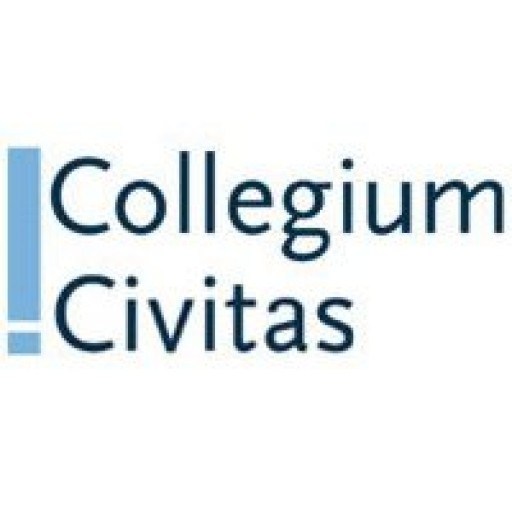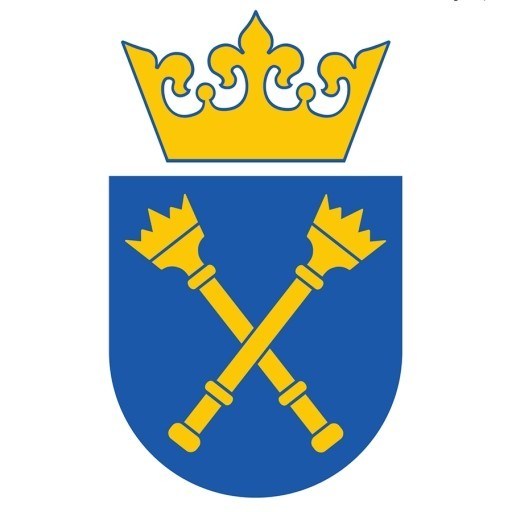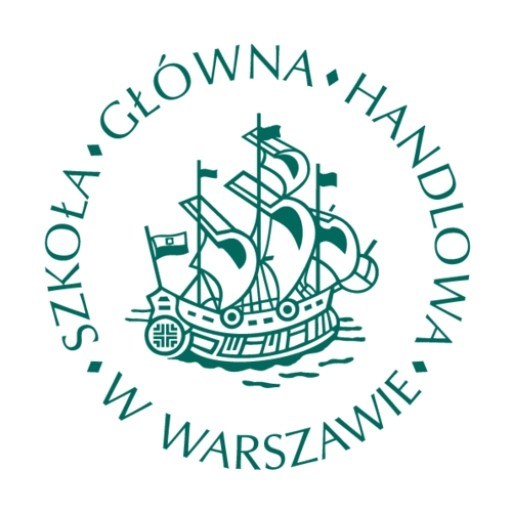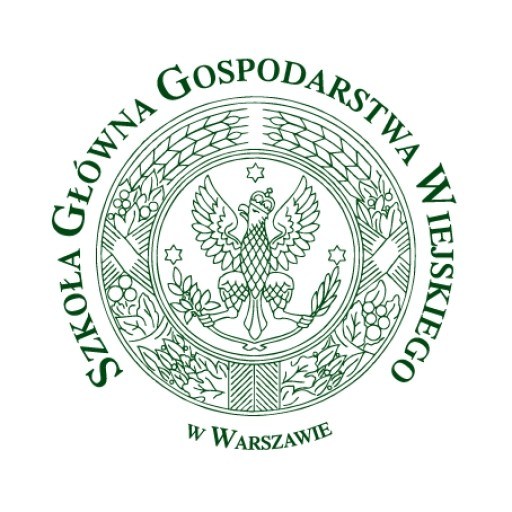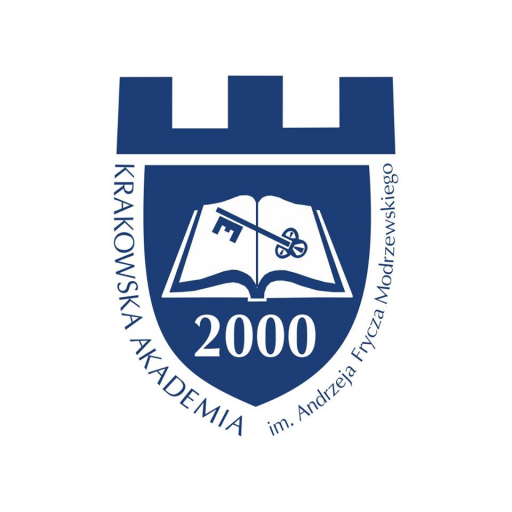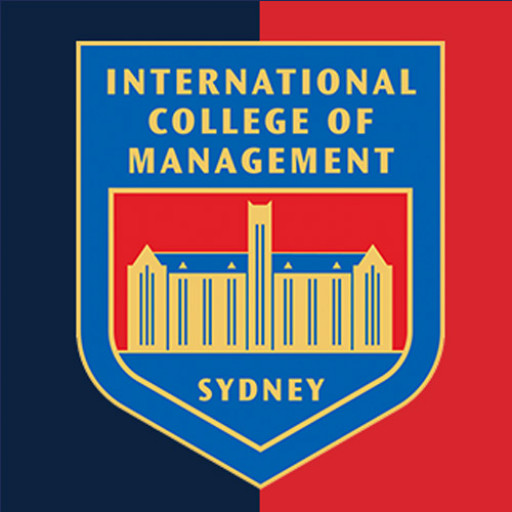Overview of the Media, Diplomacy and International Negotiations Program at Collegium Civitas
The Media, Diplomacy and International Negotiations program at Collegium Civitas is a comprehensive and interdisciplinary degree designed to equip students with the essential skills and knowledge necessary for careers in international relations, diplomacy, media communication, and negotiation processes. This program combines theoretical foundations with practical applications, preparing students to effectively operate in the complex and dynamic landscape of global politics and media environments.
Throughout the course of study, students explore a wide range of topics, including international diplomacy, foreign policy analysis, media strategies, communication techniques, intercultural competence, conflict resolution, and negotiation skills. The curriculum emphasizes critical thinking, strategic communication, and the ability to analyze and interpret international events and media narratives. With a strong focus on real-world application, students engage in simulations, workshops, and internships that foster practical skills essential for diplomatic service, international organizations, media outlets, NGOs, and corporate communications.
The program is taught by experienced faculty members and practitioners who bring academic rigor and practical insights, ensuring students gain a balanced understanding of both theoretical concepts and their real-world implications. Courses are designed to enhance language skills, especially in English and other foreign languages, to enable students to communicate effectively across diverse cultural and political contexts.
Graduates of the Media, Diplomacy and International Negotiations program will be well-prepared for careers in international diplomacy, media and press services, public relations, political consulting, international organizations, and cross-cultural mediation. They will possess a nuanced understanding of global issues, advanced communication and negotiation techniques, and the ability to analyze media and political narratives critically.
Collegium Civitas's strong international focus, combined with its strategic location in Warsaw—a hub of political and media activities—provides students with unique opportunities for networking and practical experience through partnerships with diplomatic missions, international institutions, and media organizations. The program also encourages continuous learning and adaptability, which are crucial in the rapidly evolving fields of international relations and media.
Whether aiming to work in governmental institutions, media outlets, or international NGOs, students who complete this program will emerge as skilled and insightful professionals capable of making meaningful contributions to global diplomacy and international communication. With a curriculum that balances academic depth with practical experience, the Media, Diplomacy and International Negotiations program at Collegium Civitas is an ideal choice for future leaders in the international arena.
The Media, Diplomacy, and International Negotiations program at Collegium Civitas offers a comprehensive interdisciplinary curriculum designed to prepare students for dynamic careers in international relations, diplomatic service, and global media industries. The programme combines theoretical foundations with practical skills, emphasizing the development of effective communication, negotiation, and strategic thinking in a global context. Students will explore key topics such as international diplomacy procedures, crisis management, international law, media influence on diplomacy, and ethical considerations in global communication. The coursework includes analysis of case studies involving diplomatic negotiations, media campaigns, and international conflict resolution, enabling students to understand real-world applications of their knowledge. The program also emphasizes the role of digital media and emerging technologies in shaping modern diplomacy and international relations. Throughout their studies, students gain hands-on experience through simulations, internships, and collaboration with international organizations, preparing them for careers in diplomatic missions, international NGOs, global media outlets, or governmental agencies. Skilled lecturers, many of whom are experienced practitioners and researchers, support students in acquiring both theoretical insight and practical abilities. The program aims to cultivate critical thinking, intercultural competence, and the capacity to operate effectively in complex international environments. Graduates will be equipped to analyze international issues, craft strategic communication campaigns, and engage in high-level negotiations, making them valuable assets for organizations involved in international cooperation, policy-making, and global communication. The multidisciplinary approach ensures that students develop a nuanced understanding of the interconnected nature of media, diplomacy, and international negotiation, fostering a professional outlook aligned with the demands of contemporary global affairs.
Please, visit the website http://www.civitas.edu.pl/collegium/en/admissions/admissions-procedure/undergraduate-admission-requirements-in-english/documents-required-undergraduate
The financing of the Media, Diplomacy and International Negotiations program at Collegium Civitas is primarily based on a combination of tuition fees paid by students, government subsidies, and institutional funding sources. Tuition fees for this program are structured to be competitive within the international academic market, with specific costs varying depending on the student's nationality, residency status, and chosen study mode (full-time or part-time). International students are often required to pay higher tuition fees compared to domestic students, reflecting standard practices in Polish higher education. The university offers a range of scholarship opportunities designed to assist talented students with funding their studies. These scholarships may be awarded based on academic excellence, financial need, or extracurricular achievements and can significantly reduce the financial burden for eligible students.
Collegium Civitas also participates in various national and European Union funding programs to support research activities, faculty development, and student exchange initiatives, which can indirectly benefit students by enhancing the overall quality and internationalization of the program. The university sometimes offers payment plans or discounts to facilitate easier financial arrangements for enrolled students. In addition, students may seek external funding sources such as government student loans, private scholarships, or grants provided by international organizations focused on fostering diplomatic and media studies.
The program's financing structure aims to ensure the sustainability of high-quality education while providing financial accessibility for a diverse student body. The university's administration continuously evaluates and adapts its financial policies to remain competitive and supportive of students' educational pursuits. Overall, the program's funding relies on a mix of institutional income, national and international aid, and personal contributions from students, allowing Collegium Civitas to maintain its reputation as a leading institution for media, diplomacy, and international negotiations studies.
The Master’s programme in Media, Diplomacy and International Negotiations at Collegium Civitas is designed to prepare students for careers in the dynamic fields of international relations, media communication, and diplomacy. The programme offers a comprehensive curriculum that integrates theoretical knowledge with practical skills necessary for effective diplomacy and international negotiations, as well as media management and communication strategies. Students can expect to explore a wide range of topics including international diplomacy, conflict resolution, media ethics, public diplomacy, international law, political communication, and global governance. The programme emphasizes critical thinking, intercultural competence, and strategic communication, preparing graduates to operate effectively in various international contexts. Courses are taught by experienced faculty members, many of whom have backgrounds in diplomatic service, international organizations, journalism, and media studies. Additionally, students benefit from case studies, simulations, and internships, which provide hands-on experience in diplomatic negotiations, international media management, and crisis communication. The programme aims to foster a nuanced understanding of the role of media in shaping international relations, along with the diplomatic skills required to navigate complex negotiations and international policy development. Graduates of the programme are equipped to pursue careers in foreign service, international organizations, diplomatic missions, global media outlets, NGOs, and think tanks. The university’s international environment allows for networking opportunities with students and professionals from around the world, enhancing intercultural dialogue and cooperation. The programme is designed to meet the needs of students interested in careers that require a sophisticated understanding of both media dynamics and diplomatic processes, offering a unique interdisciplinary approach. The educational approach combines lectures, seminars, workshops, and practical exercises to ensure an engaging and effective learning experience. This programme at Collegium Civitas reflects the institution’s commitment to fostering globally-minded professionals capable of addressing today’s complex international challenges through effective communication and negotiation strategies.
